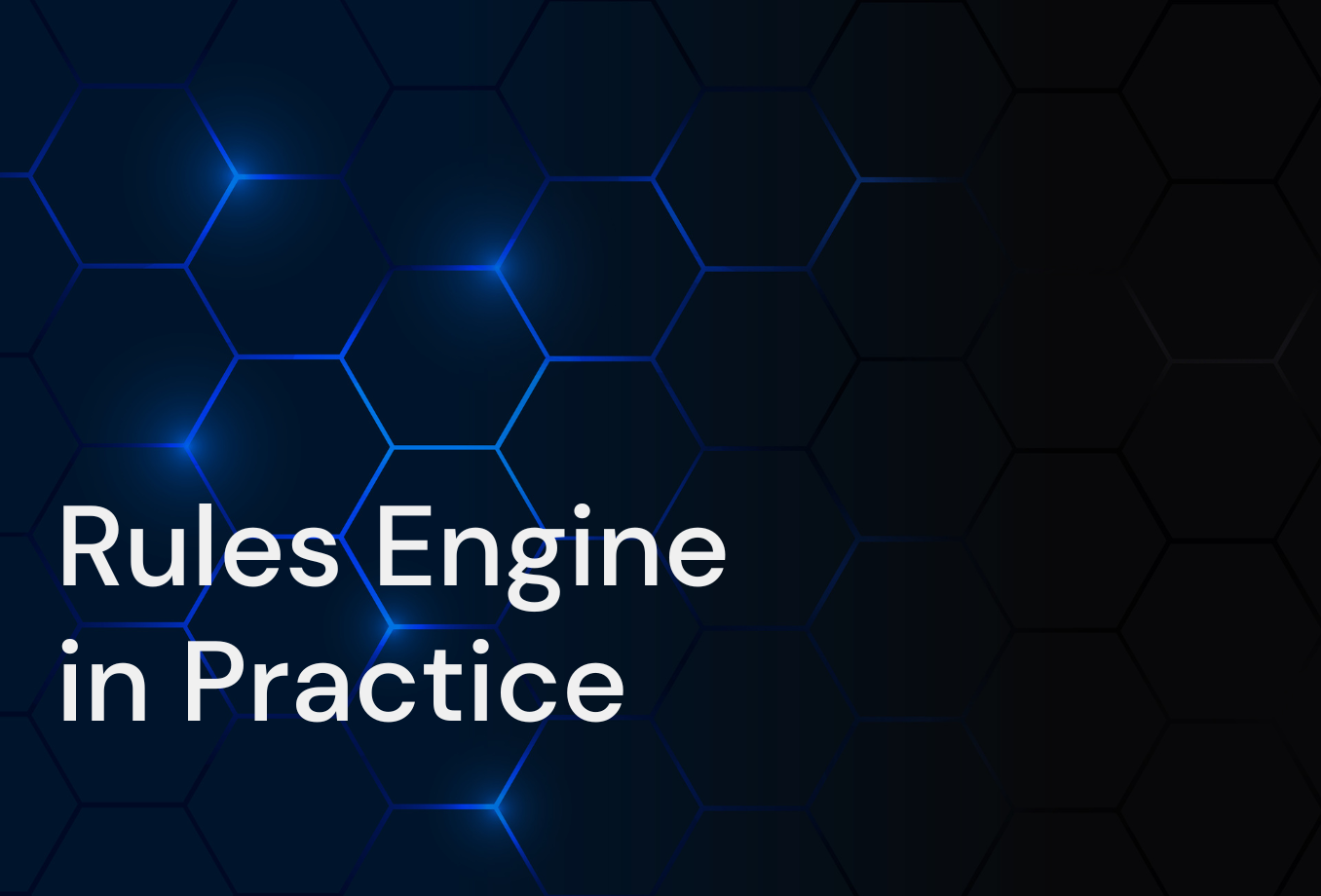Introduction
In the insurance industry, accurate and responsive pricing is both a strategic advantage and a business necessity. As risks, regulations and competitive landscapes shift, insurers must be able to adjust their pricing quickly and confidently. The heart of this adaptability is the pricing engine, and its brain is often a rules engine working in tandem with advanced pricing configuration software.
What Is a Pricing Engine in Insurance
A pricing engine is specialized software that calculates premiums for insurance products. It processes a wide array of data, including risk factors, policyholder demographics and market conditions, to determine precise and competitive rates.
Modern pricing engines often integrate with pricing configuration software that allows flexible rule management. This ensures that every calculation reflects the latest business logic, regulatory requirements and market conditions.
The Role of a Rules Engine
A rules engine is a platform for defining, managing and executing business logic without direct code changes. When paired with a pricing engine and pricing configuration software:
- It enables business teams to define complex pricing policies through intuitive interfaces such as decision tables or graphical tools, rather than hard-coded scripts.
- It automates the application of pricing logic, ensuring every quote or premium calculation reflects up-to-date rules, compliance obligations and company strategy.
- It improves transparency and traceability, helping compliance and audit teams understand exactly why a certain price was offered.
Key Benefits of Adding a Rules Engine to Pricing
- Dynamic and Real-Time Pricing: A rules engine allows insurers to adjust rates instantly based on real-time market signals, customer risk profiles or regulatory changes without lengthy IT cycles.
- Error Reduction: Automating rule application reduces human error and ensures consistency across all products and distribution channels.
- Business Self-Service: Actuaries, underwriters and product managers can update pricing logic directly in the pricing configuration software, reducing dependency on IT teams.
- Rapid Compliance: New regulatory requirements or product changes can be implemented system-wide in hours or days instead of months.
- Scenario Testing: Rules engines allow safe testing of new pricing strategies, what-if analysis and controlled experimentation before full deployment.
How Insurers Use Rules Engines with Pricing
1. Defining Flexible Premium Calculations
Pricing rules are configured to account for factors such as age, claims history, location or vehicle type. For example, “Drivers under 25 pay a surcharge unless they have a clean driving record”. The pricing engine applies the correct formulas automatically.
2. Managing Discounts, Surcharges and Exceptions
Complex discount structures such as multi-policy or loyalty programs, as well as surcharges for high-risk areas, can be easily configured. Insurers can activate, deactivate or modify these rules in the pricing configuration software in minutes.
3. Compliance and Audit
A rules engine ensures that pricing remains compliant with local regulations and internal policies. If a rule changes due to legislation, updating it once in the rules engine instantly applies it across all channels.
4. Experimentation and Optimization
With modern rules engines, insurers can A/B test pricing models, run real-time experiments and optimize rates for both profitability and competitiveness.
Practical Example
Consider an insurer launching a new policy for electric vehicle owners. Using a rules engine integrated with a pricing engine:
- They can create a rule offering a discount to policyholders with home charging stations.
- They can instantly adjust premiums if repair costs for EVs rise or government incentives change.
- They can create targeted offers for eco-conscious drivers, all managed through the pricing configuration software without writing code.
Conclusion
Placing a rules engine at the core of a pricing engine and integrating it with pricing configuration software delivers agility, accuracy and control. This approach helps insurers:
- Keep pace with evolving regulations and market changes
- Offer competitive, personalized products
- Maintain compliance with minimal disruption
- Empower business teams to innovate without costly IT intervention
For insurance companies seeking a flexible and future-proof approach to pricing, a rules engine integrated with a powerful pricing engine is no longer optional. It is an essential part of delivering responsive, competitive and compliant insurance products.

Take Full Control of Your Product Logic
We provide fee Proof Of Concept, so you can see how Higson can work with your individual business logic.






.png)